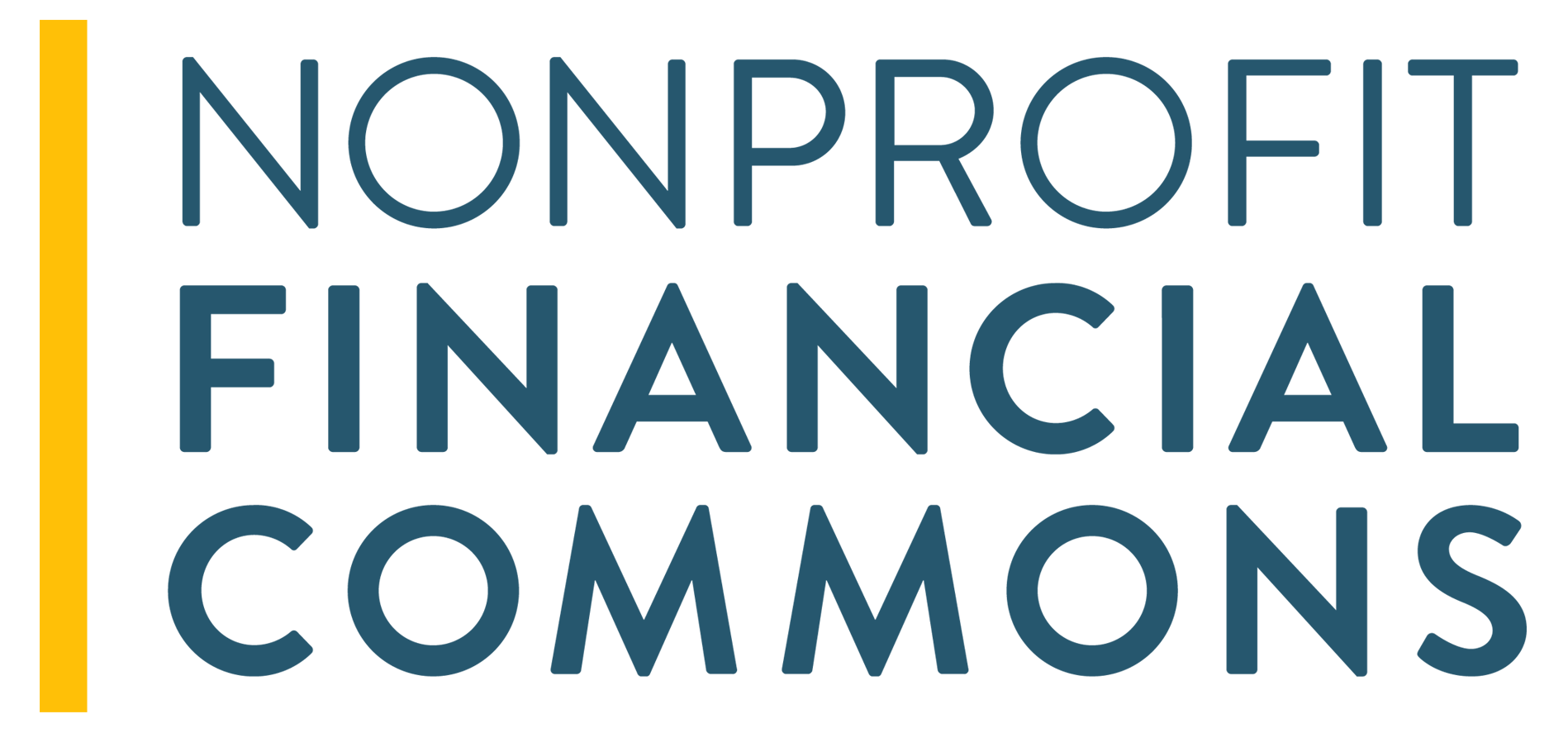
jennifer_t
Forum Replies Created
-
jennifer_t
MemberDecember 13, 2022 at 7:08 pm in reply to: Reserves are great to have – how to invest and manage themAt our non-profit, we are pretty risk-adverse and don’t do investing beyond CDs and savings accounts, and while I know it’s barely bringing in any interest, at this point this is where our comfort level lies.
In order to ensure our cash reserves stay protected under FDIC limits, I encourage folks to consider a “sweep” account. You work with your bank and set a target balance, and anything outside that amount at the end of the day is moved into other banks, so no one balance exceeds FDIC limits, allowing cash to stay protected even if it’s beyond the FDIC limit. As an example, if we had one million in our bank account, we’d set our account to sweep anything beyond 250k. That 750k then goes to various banks overnight (with less than 250k in each account), protecting those extra funds. It allows us to earn interest, but we don’t have to manage having funds in multiple accounts/banks.
It takes a little while to grasp the concept (at least for me), but over time as my understanding has increased and it’s a relatively regular practice. -
jennifer_t
MemberSeptember 23, 2022 at 1:51 pm in reply to: Private: Managing and using cash reservesAt this point we haven’t used our reserves (at least any time recently). During COVID they grew due to PPP funds due to our billing revenue remaining somewhat even in addition to a big portion of our programs being at least partially grant funded.
This year, our BOD approved a negative budget, with the idea that some of the cash reserves would help with the deficit. From the looks of it, we were able to secure additional funding so hopefully our NI for the year will actually end up closer to zero without touching our reserves.
Use of reserves is a pretty frequent conversation with our BOD and Finance Committee these days, especially as we look at ways to try to retain employees during a time of such high inflation. Unfortunately giving everyone high COLA adjustments has a long term cost that would eventually deplete reserves, so isn’t a great solution. But in reality, some of our reserves should be spent or invested, because we have likely a larger safety net than what would be needed as a true emergency fund. -
jennifer_t
MemberAugust 24, 2022 at 11:13 am in reply to: Private: Tips for budgeting with high inflationNo useful tips or tricks, but I feel you. I am our dedicated finance person, but trying to deal/budget for inflation is a huge struggle. Our program is service based, so when billable fees don’t increase, but the cost of living does, it puts us in a tight spot trying to recruit (and retain) employees. We’re operating on a potential deficit budget this year, but that’s not sustainable long-term. We’ve never been an agency that’s done any investing, but it may be time to start to generate some extra cash flow.
-
Hi Ruth,
When we restructured our benefits structure a while back, it was a big step in the right direction. Prior to instituting a “benefit bucket”, staff had no incentive not to opt into our medical insurance, and would get double coverage if their spouse had insurance as well. Which meant our agency was paying a higher cost to benefits than we really needed to.
Now, there is an incentive not to take insurance. If I were to opt into health insurance, I might get health insurance plus a 4k 401k employer contribution. However, if I opt out of insurance, then my 401k contribution might be 12k. (This is not a match, it’s just an employer contribution.)
This works really well, and I think most staff value the option of choices here. It’s just a very cumbersome process, and very confusing to explain to new staff. So we’re looking for something that might be easier but just as flexible. (Likely wishful thinking!) -
Good point, we have a similar issue because we are primarily a health care organization. We receive grants that cover a good portion of our services, but we also rely on earned income at set billing rates. Our grant cycle hasn’t been competitive in quite a few years, which means our grant income has remained static. In order to increase billing revenue we either have to decrease the number of missed billing opportunities, or conduct more billable visits – which is difficult when you are already understaffed and staff caseloads are extremely high.
